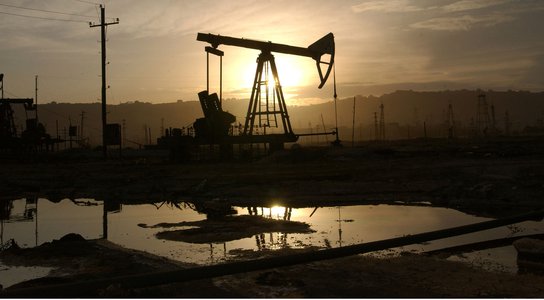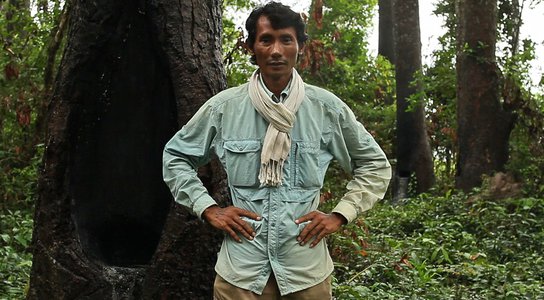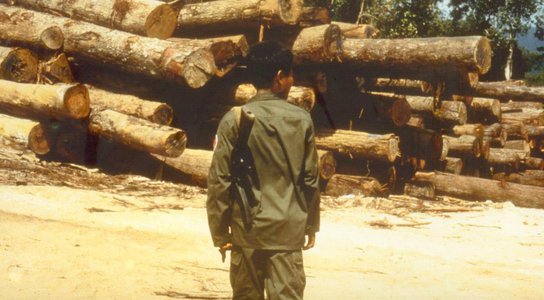With a GDP per capita of US$50,000, Singapore is among the richest nations in the world – but in terms of land it is very poor. The city state is three and a half times the size of Washington DC with nearly eight times as many inhabitants. But its diminutive stature belies its ambition. To maintain its status as a global financial hub, Singapore has expanded its surface area by 22% since the 1960s; an operation which involves extensive land reclamation and construction – up, down and outwards.
The process requires vast quantities of sand. Singapore needs to source this from beyond its national boundaries and this is proving harder and harder to do. Among its neighbours, one government after another has limited or banned exports of sand to Singapore due to its potentially heavy environmental toll. These include Indonesia, Malaysia and Vietnam. As each stops, others jump in. Most recently, Cambodia has become a major supplier of sand to Singapore.
This paper exposes the devastating effect of this
regional sand trade on Cambodia, and the urgent
need for all involved to take immediate action to
mitigate against the social, environmental and
governance impacts.


